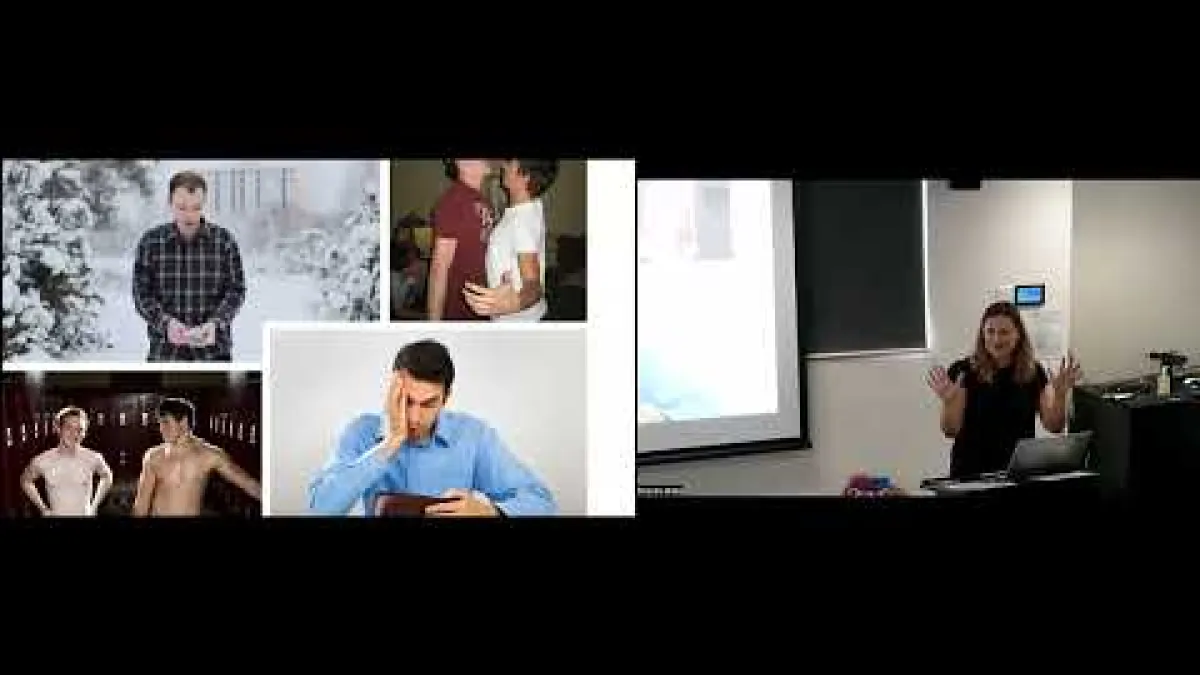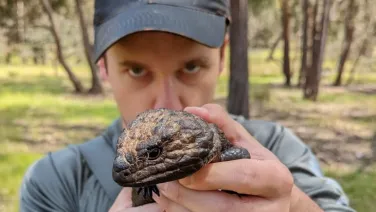E&E Webinar: Sex, money, and the mating market: How behavioural ecology helps us understand sexual politics (in humans!)
Why are sex differences the result of biological and economic forces? How do mating market conditions affect gendered violence?
Speakers
Event series
Content navigation
Description

Abstract
Why are sex differences the result of biological and economic forces? How do mating market conditions affect gendered violence? Why are so many people – including women –concerned with regulating female sexuality? For too long, our approach to gendered outcomes has quarantined the biological from the sociocultural, as if one has nothing to do with the other. Yet a close understanding of the drivers of male-male aggression, intimate partner violence, and female beauty practices shows that the biological and sociocultural often intertwine. In this talk I review a growing body of my research that implicates mating market conditions in gendered outcomes. Across Tunisia, Pakistan, USA, and Australia I will show that partitioning inclusive fitness into effects derived from male versus female kin affects socio-political attitudes with a gendered dimension (with male-biased future fitness exacerbating conservative ideology). Using data from 113 nations, I will explain how income inequality affects the local female mating ecology and thus incentivizes intrasexual competition and status-seeking. I will then show that by disadvantaging male mate competition, the operational sex ratio and manufacturing shocks in the USA drive troubling online sub-cultures linked to gendered violence (i.e., “inCel” ideology). By incorporating insights from behavioral ecology, social psychology, economics, and international security, I provide a functional account of gender conflict, highlighting the value of integrating competing disciplinary perspectives to understand these phenomena. With it I offer a new approach to understanding how and why sexual conflict manifests, and how attitudes toward gender are related to potential fitness payoffs.
Biography
Dr Blake is an expert on sexual politics who combines insights from evolutionary biology, psychology and big data to understand conflict and competition among people. Her research addresses big issues that profoundly influence wellbeing, including personal agency and empowerment, intimate partner violence and the varied ways in which people seek and enact status. Dr Blake convenes TwitPlat, a database of 6 billion geolocated Twitter posts spanning 9 years, and the Daily Cycle Diary, an online platform that helps women to understand how their menstrual cycle affects their psychology. She is the holder of seven international and eight domestic awards for research excellence, and has featured her work at the Festival of Dangerous Ideas, Melbourne Writer’s Festival, Melbourne International Film Festival, in The Age, The Herald Sun, The Sydney Morning Herald, and on ABC News and The Project. She is an ARC DECRA Fellow and a lecturer at the Melbourne School of Psychological Science at the University of Melbourne.
Location
Please note: this seminar will be held in the Eucalyptus Rm and via Zoom, details are included below.
Eucalyptus Room, Rm S205, Level 2, RN Robertson Building (46)
Please click the link below to join the webinar:
https://anu.zoom.us/j/89176827163?pwd=dnJtbTU2dGJYdGtEVGxUd1E2RDF1UT09
Passcode: 817054
Canberra time: please check your local time & date if you are watching from elsewhere.



